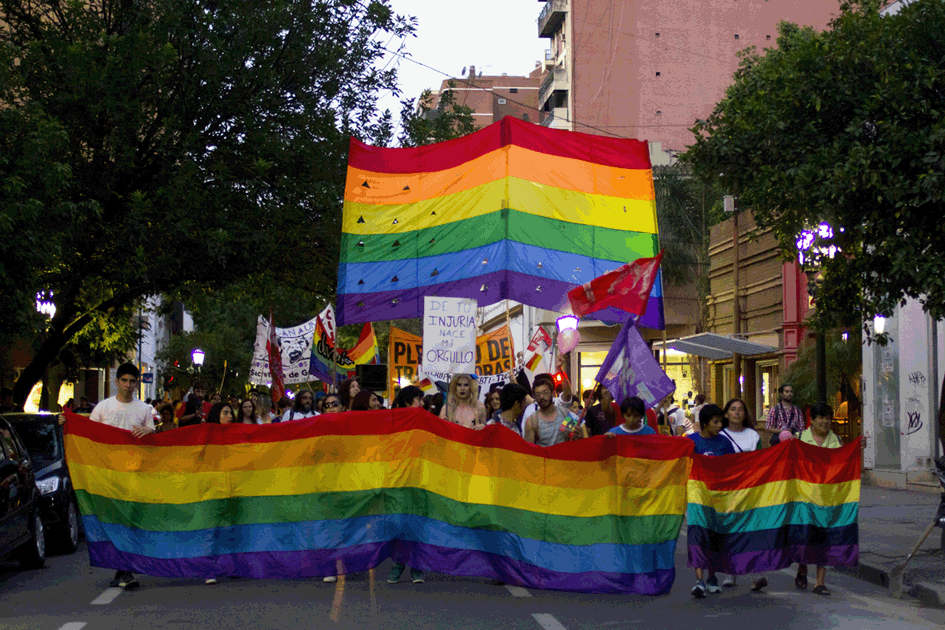Metropolitan dynamics in the XXIst century: some elements to think about gender and sexuality in urban spaces
DOI:
https://doi.org/10.6092/2281-4574/3974Keywords:
gender, urban spaces, metropolitan dynamicsAbstract
Nowadays, urban contexts should be object of new reflections and re-conceptualizations. To think of “the right to the city” implies wondering not only about the kind of society and bonds to be built, but also about the ways to inhabit spaces –and bodies-.Neoliberal policies, mainly those empowered by dictatorships since the 70´s up to the beginning of the XXIst Century over the territories of Latin American metropolis, have resulted in profound socio-spacial contrasts, being the accessibility to urban goods and services and their distribution on the territory uneven and unequal, the city having been reduced to merchandise. The metropolitan area of Tucumán –a metropolitan region in Argentina- is a clear example of these processes.
Dealing with urban problems from a gender perspective shall let us visualize the inequality within the frame of capitalist urbanization and the hetero-patriarchal dominant logic. Actually, this should be a matter of concern to be raised by State governments and public policies.
This article proposes elements to think of a new urbanism: an urban development towards more flexible territories, where people´s diversity, citizen´s participation and the development of local policies should be taken into consideration. Answers should be favourable to social –and spacial- justice, and sensitive to inclusion policies which guarantee “the right to the city” for everyone.
Downloads
Download data is not yet available.

Downloads
Published
2016-10-10
Issue
Section
Articoli
License
Gli autori che pubblicano su questa rivista accettano le seguenti condizioni:- Gli autori mantengono i diritti sulla loro opera e cedono alla rivista il diritto di prima pubblicazione dell'opera, contemporaneamente licenziata sotto una Licenza Creative Commons - Attribuzione che permette ad altri di condividere l'opera indicando la paternità intellettuale e la prima pubblicazione su questa rivista.
- Gli autori possono aderire ad altri accordi di licenza non esclusiva per la distribuzione della versione dell'opera pubblicata (es. depositarla in un archivio istituzionale o pubblicarla in una monografia), a patto di indicare che la prima pubblicazione è avvenuta su questa rivista.
- Gli autori possono diffondere la loro opera online (es. in repository istituzionali o nel loro sito web) prima e durante il processo di submission, poiché può portare a scambi produttivi e aumentare le citazioni dell'opera pubblicata (Vedi The Effect of Open Access).

